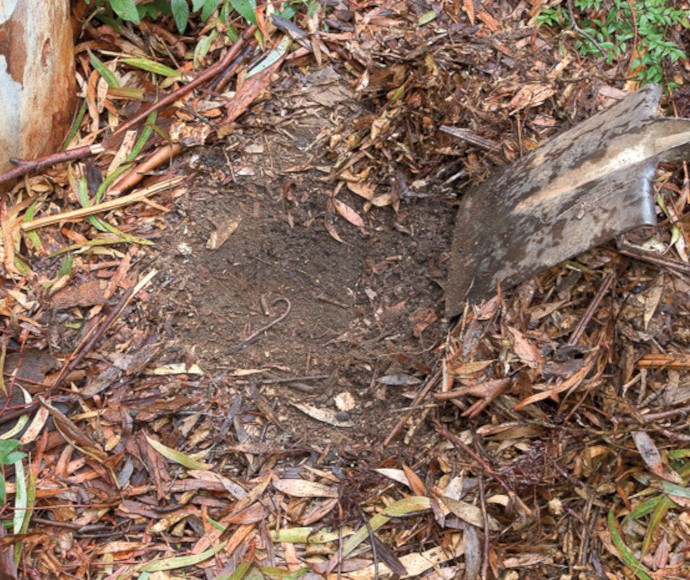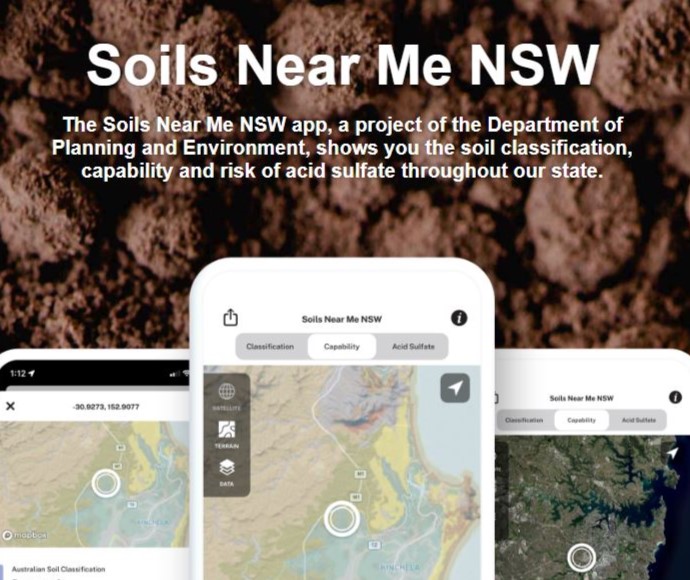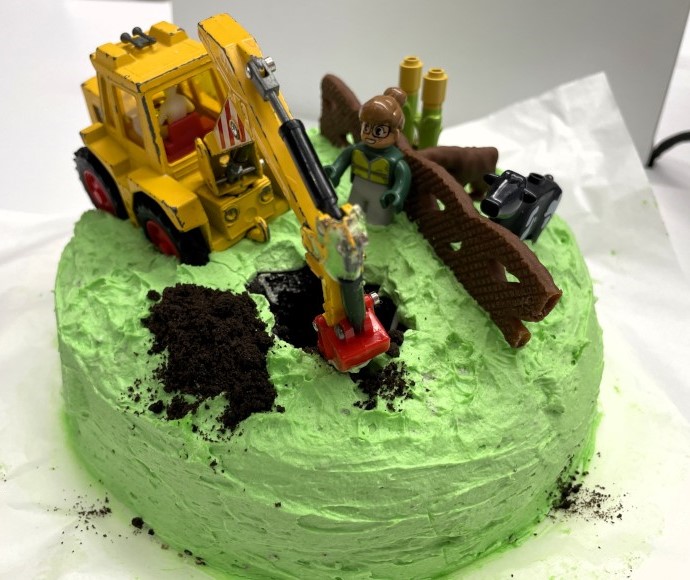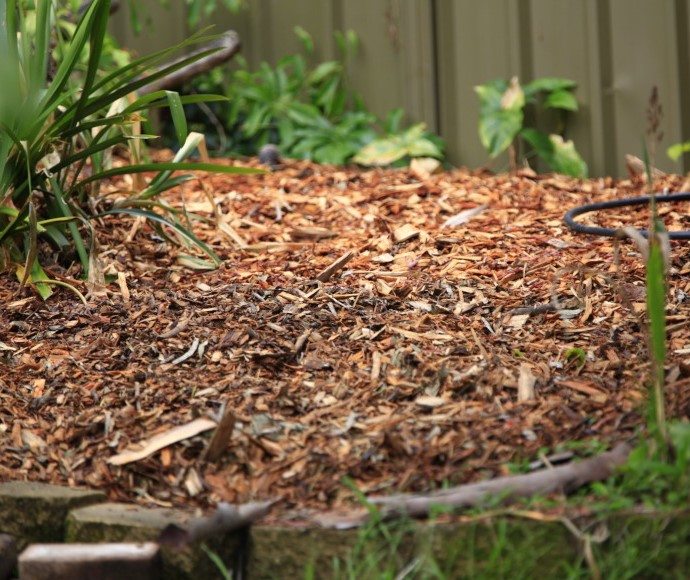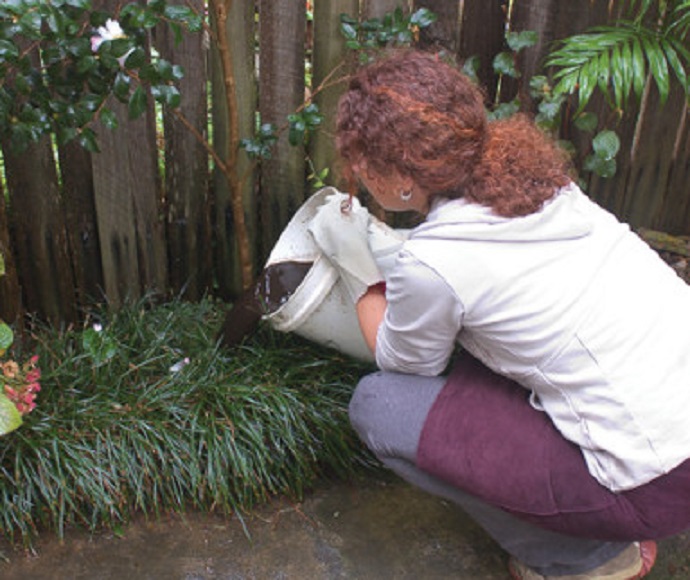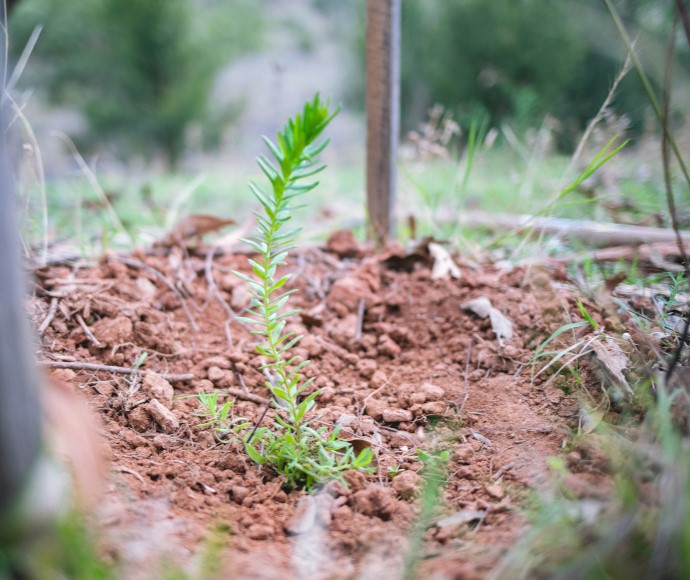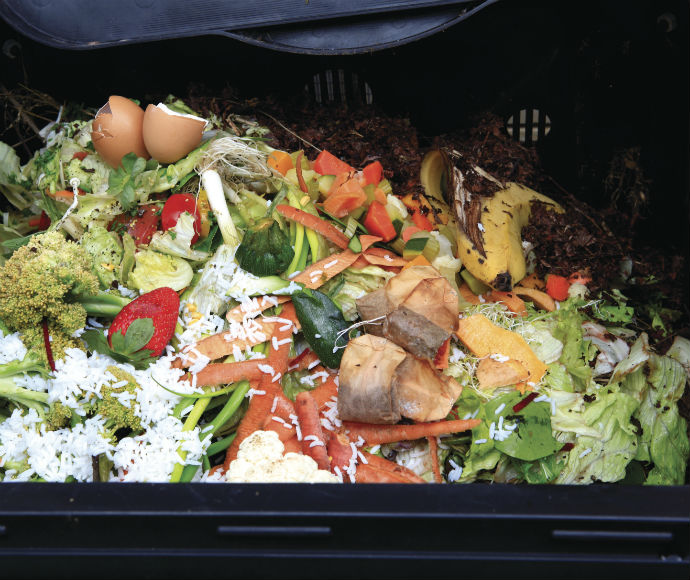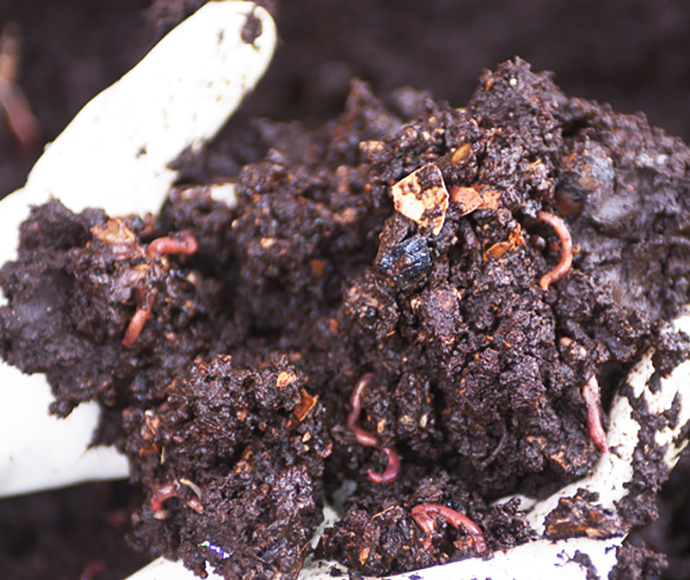World Soils Day – 5 December 2023
Get ready for the most important day in December (no, not Christmas) – World Soils Day! This day is celebrated around the globe and educates and informs people about the importance of our soils and the threats to them.
World Soil Day was initiated by the Food and Agricultural Organisation of the United Nations in 2013 as an annual event with a different theme each year.
<div class="alert alert-info" role="alert"><em class="fa icon-info-circled" aria-hidden="true"></em> Celebrated on <strong>Tuesday 5 December</strong> this year, the theme is ‘<strong>Soil and Water: a source of life</strong>’.</div>
Soils are the foundation of all terrestrial life on the planet. They play a critical role in ecosystem health and food and agricultural productivity. Soils provide habitat for plants and animals and support ecosystems and the primary production of food and resources.
We can build resilience to changing climate and extreme events, such as fires, droughts, floods and dust storms, through improved and sustainable soil management.
Brian Jenkins, Senior Team Leader says, ‘The Department of Planning and Environment Soil and Landscape Assessment team works hard to provide soil information and advice to support the management and future of soils in New South Wales.’
As the experts in soil, the scientists in the team have shared their tips for celebrating World Soils Day in 2023.
Top tips to celebrate World Soils Day
1. Learn about the soils near you
To find out more about the soils near you, go to your app store and download the Soils Near Me app or explore eSPADE online on your web browser.
Go for a walk and look closely at the soil around you.
2. Do what soil scientists do best: describe a soil profile
What colour is the soil? Is it yellow, red, brown or even black? If you want to get really clever, use what the experts use!
Grab a handful of the soil to find out what it feels like.
- Mix in a little bit of water. Is your soil sticky? Can you shape it into something? Maybe it’s a clay soil.
- Can you see and feel grains of sand? It could be a sandy soil.
- Does it feel soft and spongey? Maybe it’s a loamy soil.
It may well be a combination of 2 or all of these!
Does the soil change as you dig deeper? How many different layers of soil can you see?
Find out more about why we classify soils.
3. Celebrate by creating a soil inspired cake
Don’t want to get your hands dirty? Why not bake a soil themed cake!
Check out some of the cakes DPE scientists from the Soil and Landscape Assessment team have made. What can you come up with?
3. Mulch your garden
Mulch helps to:
- Retain moisture in the soil for longer as it reduces the amount of evaporation that takes place.
- Provide a protective layer for the soil to reduce erosion.
- Retain and regulate the temperature of the soil, protecting it from extreme temperatures.
- Slow down the growth of weeds.
- Give your garden a fresh look!
Did you know that if used wrongly, the chemicals you use in the garden and around your home can end up in the soil and could harm local insects, wildlife and plants?
If you don’t follow the instructions, pesticides and fertilisers can contaminate soils in your garden and rain can wash them into nearby soil and waterways. You can affect more than you had planned to. They can harm plants, animals and even aquatic life in the local water ways. Always follow the advice included with the pesticides and fertilisers!
5. Plant something native to your area
By planting something native to your area, you are planting a species that is already well suited to the climate and soils of your area. It means the plants are adapted to the soil and climatic conditions, making them resilient and able to survive on their own.
Native plants provide food, habitat and shelter for local native animals and can preserve local biodiversity and even increase the species diversity in your area.
Bonus tip: Identifying and understanding the type of soil you have in your garden using tip 2 above will help you select the best native plant from your local nursery.
6. Build a worm farm or create a compost bin
Building a worm farm is a great way to reduce the amount of waste your household sends to landfill. The worms turn your organic waste, such as fruit and vegetable scraps from the kitchen, into a nutrient rich fertiliser you can use on your garden.
Worm farms are:
- a great DIY project for the weekend or school holidays
- low maintenance once they are up and running
- very efficient.
Find out more
Learn more about soils in Sydney gardens at:
